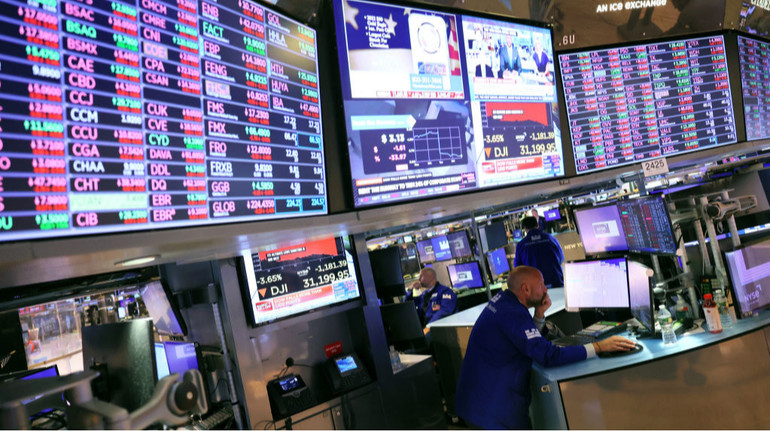The head of the ECB Christine Lagarde warned that mutual duties of the European Union and the United States can nullify the growth of the economy of the eurozone countries. Germany’s stock market slumped against this backdrop.
European Central Bank Governor Christine Lagarde
European Central Bank Governor Christine LagardePhoto: Hannelore Förster/IMAGO
The head of the European Central Bank (ECB) Christine Lagarde has warned that mutual duties between the European Union and the United States could sharply reduce the growth performance of the eurozone economy. The financier made such a statement on Thursday, March 20, at a hearing in the Economic Committee of the European Parliament.
The growth of the eurozone economy may slow down sharply
Lagarde said the 20 eurozone countries are “particularly vulnerable to changes in trade policy.” She spoke about ECB analysts’ calculations that 25 percent U.S. duties on European goods would slow the eurozone economy’s growth by 0.3 percentage points in the first year. If the EU authorities impose retaliatory tariffs, the decline will reach 0.5 percentage points.
For comparison: by the end of 2024, the GDP of the eurozone countries grew by 0.7%. Earlier, the ECB predicted growth of the eurozone economy by 0.9% this year and by 1.2% in 2026.
Lagarde added that eurozone inflation could rise by 0.5pc because of the trade standoff with the US. It is now averaging around 2.3%. The ECB head expressed hope that the EU and US authorities will be able to avoid the negative effects of duties through negotiations.
Decline in the German stock market after Lagarde’s words
Simultaneously on March 20, the German stock market experienced a decline. The DAX index, which unites shares of 40 largest German companies, lost 1.24% during the day and fell below the psychological mark of 23,000 points. At the peak, the fall reached 2%. The MDAX index, which combines shares of 50 smaller German companies, fell by 1.83%. The EuroStoxx50 index, which combines the shares of 50 companies from eurozone countries, lost 1% during the day.
One of the main reasons for this analysts consider the threat of a trade war with the United States. Another factor is profit taking by investors after the sharp growth of quotations a day earlier. It was caused by the fact that the Bundestag approved the reform of the “debt brake”, which involves the allocation of hundreds of billions of euros for infrastructure and defense. This led to the appreciation of shares of large companies in Germany, primarily from the military sector.
Analyst Jens Klatt (Jens Klatt) from brokerage company XTB told Reuters that Lagarde’s “skeptical tone” at the EP hearing “could create additional pressure” on investors. The dpa news agency writes that the ECB chief “brought investors back to the harsh reality of an escalating trade war with the United States.”
“The stock market has been so preoccupied with the German issue of billions of euros in recent days that it has completely forgotten about punitive duties,” added analyst Jochen Stanzl of CMC Markets. He noted that Lagarde at the EP did not give a clear understanding of the ECB’s future actions. “The half a percent jump in inflation that Lagarde fears is particularly unpleasant,” Stanzl added.














